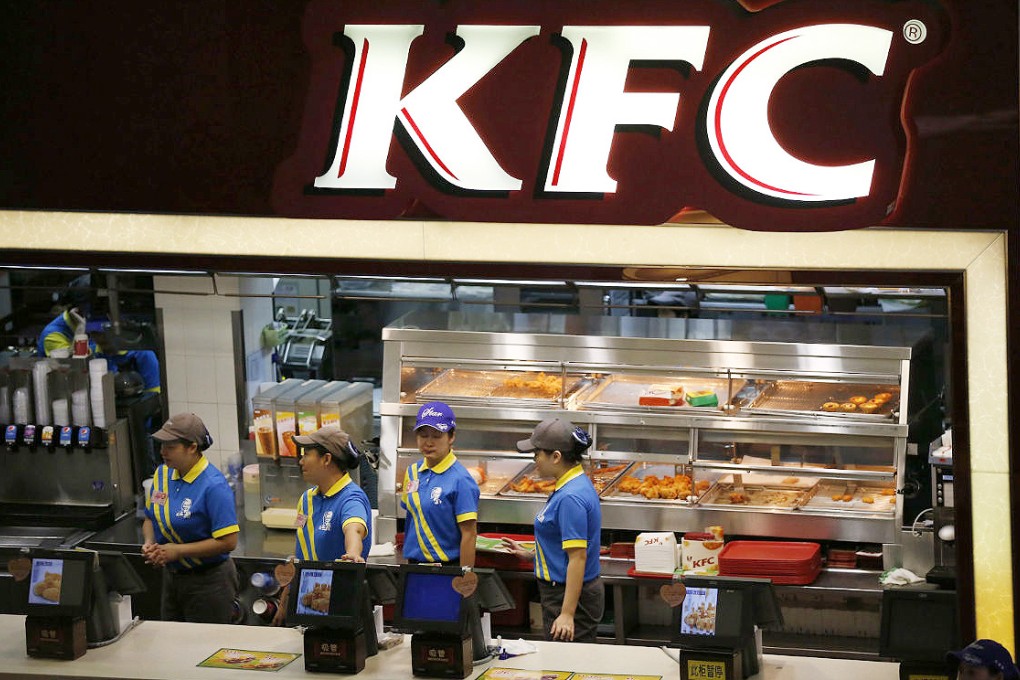KFC owner admits China rotten food scandal causing ‘significant’ damage to sales
China’s biggest restaurant operator Yum, also owner of Pizza Hut, reports that annual profits could suffer due to Husi controversy

The owner of the KFC and Pizza Hut restaurant chains said on Thursday that a food safety scandal in China has hurt sales and might be severe enough to cut into the company’s global profit.
Yum Brands, in a filing with the US securities regulator, gave no financial details and said it was too early to know when sales might rebound. But it said if the “significant sales impact” continues, it might hurt this year’s profit.
The scandal erupted last week when a Shanghai television station reported that Husi, owned by the US-owned OSI Group, repackaged old beef and chicken and sold it to KFC and McDonald’s restaurants in China. KFC and McDonald’s stopped using products supplied by Shanghai Husi and Yum said its restaurants severed all ties with OSI in China, the United States and Australia.
Chinese authorities have detained five Husi employees but have yet to confirm whether the company sold expired meat.
“The result has been a significant, negative impact to same-store sales at both KFC and Pizza Hut in China over the past 10 days,” Yum said in the filing with the Securities and Exchange Commission.
“If the significant sales impact is sustained, it will have a material effect on full-year earnings per share,” the filing said.
Yum is China’s biggest restaurant operator, with more than 4,600 KFC outlets and 1,200 Pizza Huts.